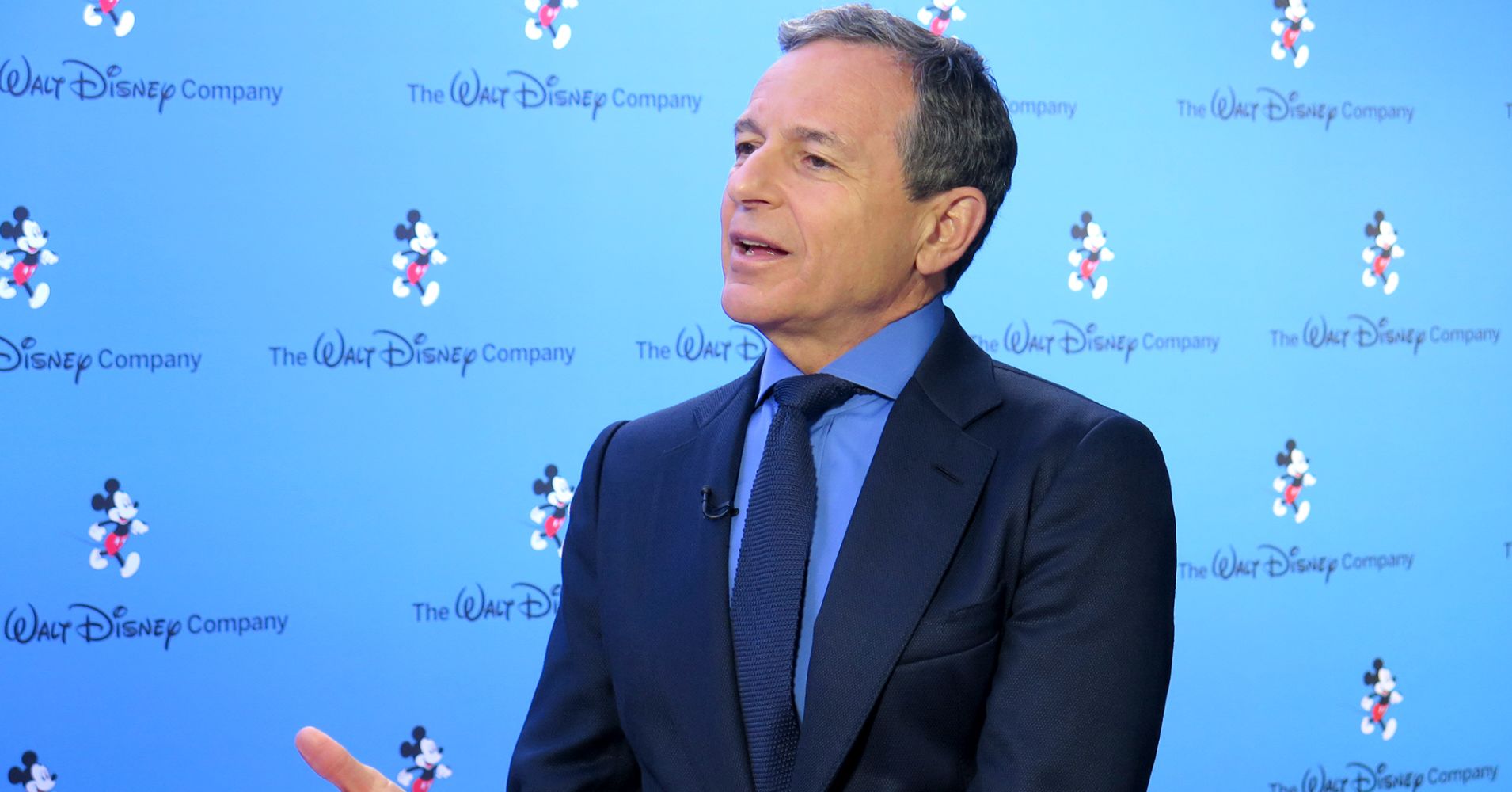
This is a breaking news story.
Disney Chairman and CEO Bob Iger sat for an interview with CNBC’s David Faber on Thursday to discuss the launch of its new streaming platform, Disney+.
Iger also told analysts on Thursday that he would be stepping down in 2021 when his contract ends.
Disney announced Thursday at the company’s investor day that Disney+ will be available starting on November 12 for $6.99 per month or $69.99 per year. The new service will allow customers unlimited downloads so that content can be viewed offline.
Iger and other Disney management spoke at length about the new platform on Thursday during its investor day. The CEO highlighted the many business segments that have laid the groundwork for the unveil, including its many studios, theme parks and content franchises.
“For two decades, these companies have been entertaining the world at the highest levels, creating an indelible connection with billions of people and a treasure trove of long-lasting, valuable content,” Iger said during the presentation “The Disney+ platform is being built on that foundation. One that no other content or technology company can rival.”
“Deciding how to navigate this wasn’t difficult for us,” he added. “To create great content and to distribute it in innovative ways. It’s that simple.”
The importance of Disney+ is difficult to understate both for Disney as a leading media empire as well as for Iger himself, who’s postponed his retirement to see the project through.
Iger, who’s served as the company’s chief executive since 2005, first announced in summer 2017 that Disney would introduce its own online streaming service. Though the decision will allow Disney to better take advantage of its extensive media hoard, it’s also forced the company to make a huge bet that it can both terminate its profitable licensing relationship with Netflix and eventually compete with entrenched rivals.
But beyond the ending of its lucrative relationship with Netflix, Disney has gone to even greater lengths to ensure the success of the direct-to-consumer platform. In 2018, it flexed its financial arm to spend $71.3 billion to buy assets from 21st Century Fox, including National Geographic and the Fox movie studio. That deal closed at the end of March.
The addition contributes to an already-impressive cast of entertainment studios, including Marvel, “Star Wars” producer Lucasfilm, Pixar and Walt Disney Animation.
The new venture will also likely mark a pivotal moment in the fierce streaming wars, an all-out competition for customers between Netflix, Hulu, Amazon Prime Video and others. Young and old companies alike — including Apple — are scrambling for a piece of the business as an increasing number of viewers expect high-quality programming at their fingertips.
The growing battle has sent the major rivals tinkering with their models in an effort to maximize revenue and strike a happy medium between number of subscribers and price per subscription. Hulu, for example, cut the price of its most popular plan to $5.99 per month in January, while Netflix — hoping to leverage its original content and larger library — raised the price on both its cheapest plan and its HD service.
To be sure, a direct comparison between $210 billion Disney and preexisting streaming services like $159 billion Netflix would be far from a fair comparison. Netflix, though a leader in streaming with about 140 million paid subscribers, simply doesn’t have the same global presence as Disney.
Disney boasts enormous theme parks on multiple continents, generates hundreds of millions of dollars each year in merchandise sales and its legacy business operates under an entirely different framework than streaming content.
Still, many on Wall Street are eager to see if the latest offering will be able to lure subscribers away from established streaming companies and goad Disney shares higher.
After all, Netflix — though it claims to be more a media company than a technology company — has a 2020 forward price-to-earnings ratio of about 57 compared to Disney’s 16.6. Netflix stock is up 258% over the last three years, Disney is up 21%, and the S&P 500 is up 41%.
This story is developing. Please check back for updates.
